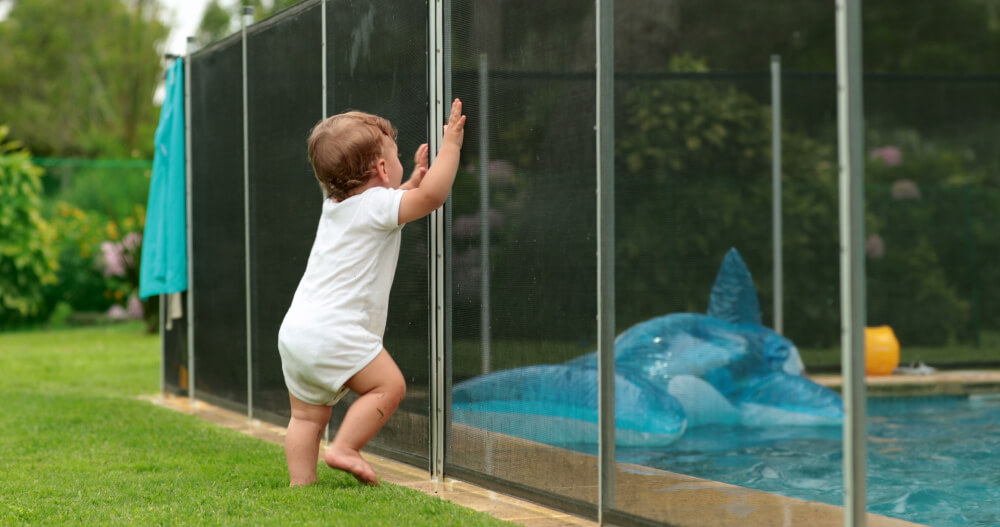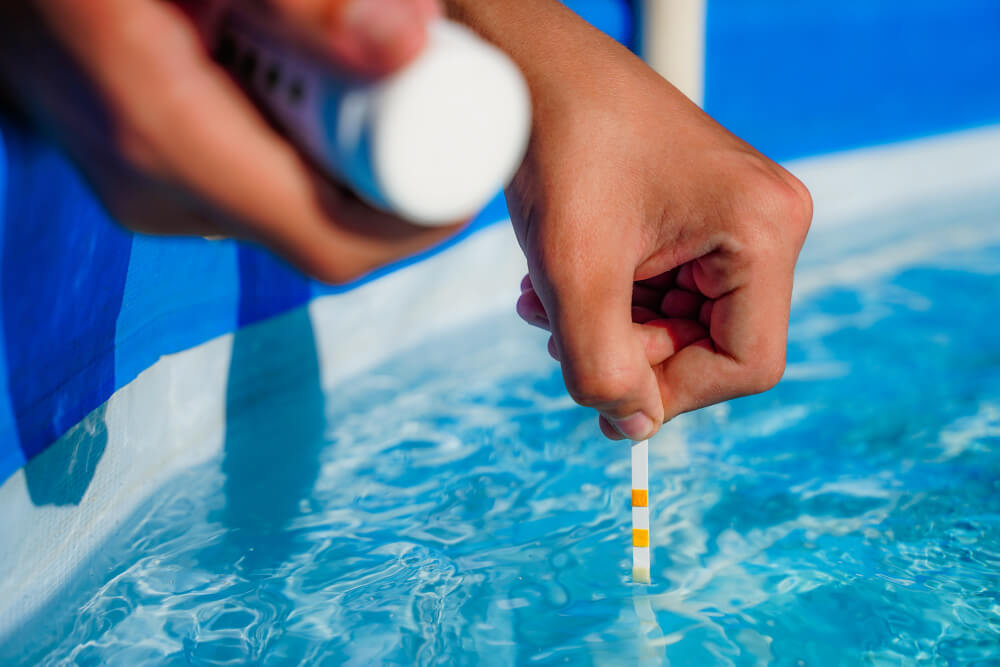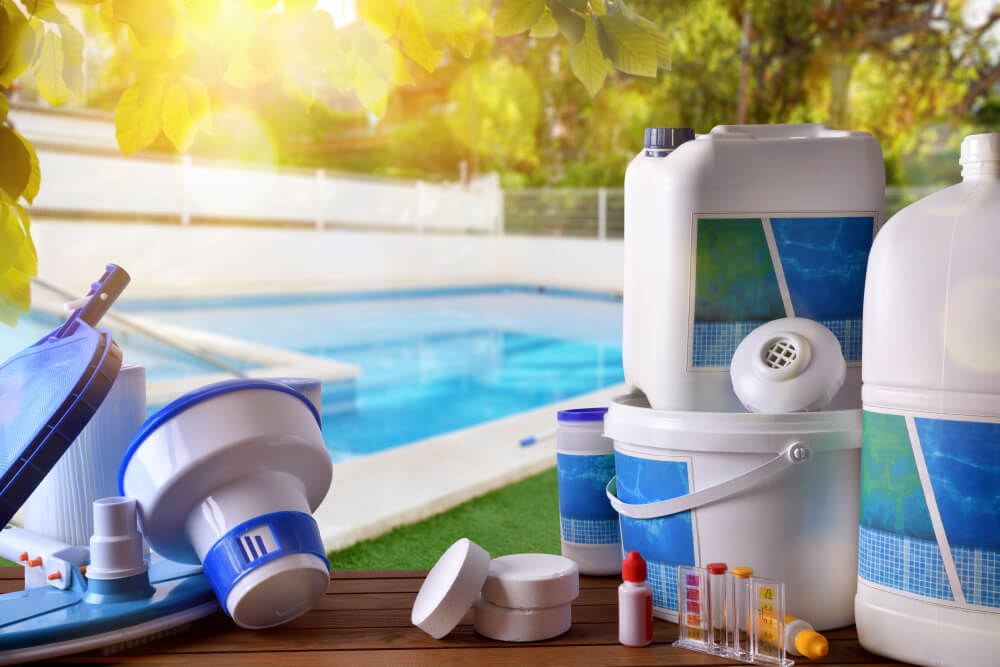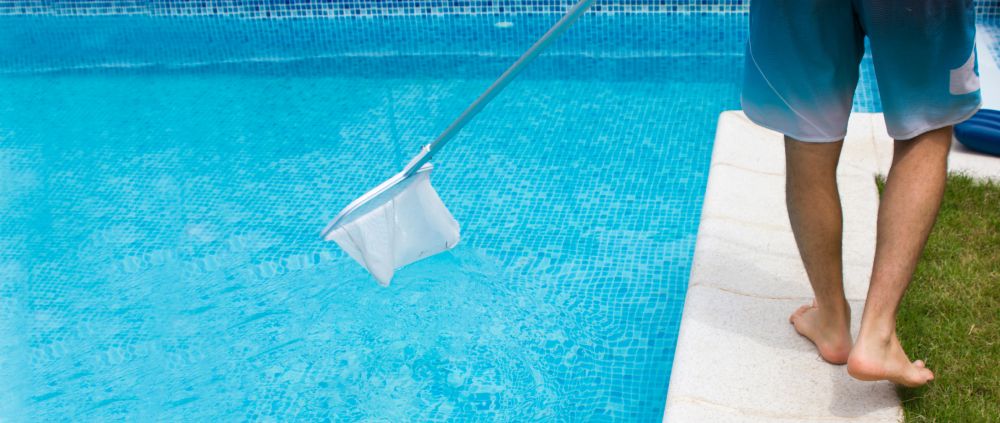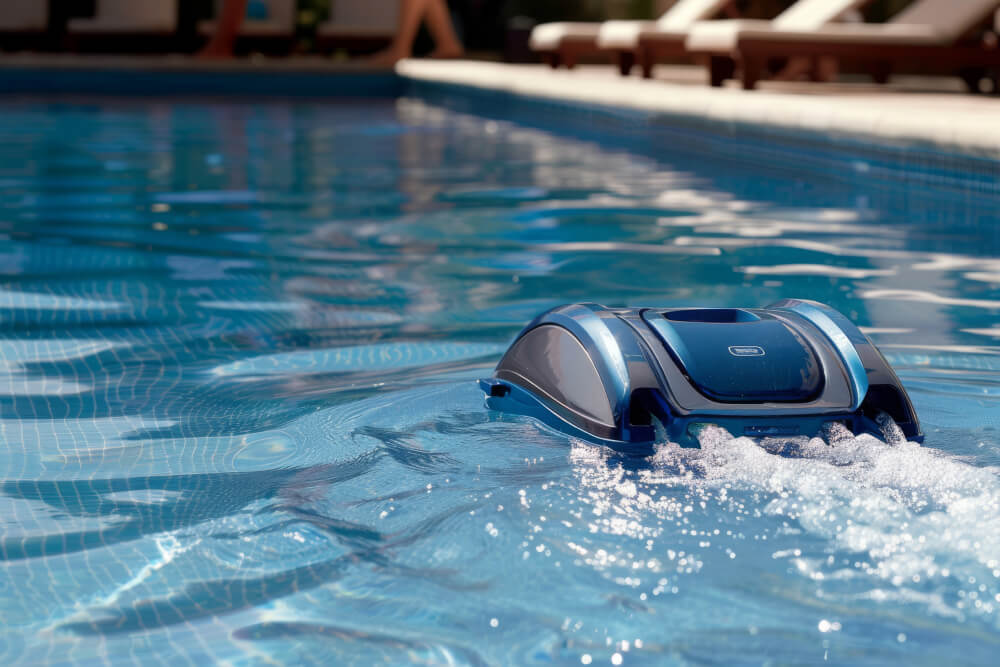Saltwater pools have become increasingly popular due to their low maintenance and gentle feel. Here’s a closer look at their advantages and disadvantages:
Pros:- Gentler on Skin and Eyes: Saltwater pools have lower chlorine levels compared to traditional chlorine pools, making the water gentler on the skin and eyes. Swimmers are less likely to experience irritation or the strong chlorine smell often associated with traditional pools.
- Lower Maintenance: Saltwater pools generate chlorine through a salt-chlorine generator, reducing the need to manually add chlorine. This automated process can result in more consistent chlorine levels and fewer chemical adjustments.
- Softer Water: The presence of salt in the water gives it a silky, smooth feel that many swimmers find more pleasant. The salt concentration in a saltwater pool is much lower than in seawater, typically about 3,000 ppm (parts per million), making it gentle on the skin and hair.
- Cost Savings Over Time: While the initial investment for a salt-chlorine generator can be high, the long-term cost of chemicals and maintenance can be lower compared to traditional chlorine pools. This can lead to significant savings over the life of the pool.
- Higher Initial Costs: The upfront cost of installing a salt-chlorine generator is higher than that of a traditional chlorine pool. Additionally, the generator will need to be replaced every 5 to 7 years, adding to long-term expenses.
- Corrosion Potential: Saltwater can be corrosive to certain materials, including metal pool fixtures, lighting, and even some types of pool liners. It’s essential to choose corrosion-resistant materials and regularly inspect and maintain pool equipment to prevent damage.
- Complex Repairs: Salt-chlorine generators are more complex than traditional pool chlorination systems, making repairs and troubleshooting more complicated and potentially more expensive. Professional maintenance may be required, which can add to costs.
- Electricity Usage: Salt-chlorine generators require electricity to operate, which can increase your utility bills. It’s important to factor in this ongoing cost when considering a saltwater pool.
Join HICP Homeowner’s Alliance
Connect with experts, get special discounts and enjoy member benefits
Chlorine pools have been the standard for many years and are known for their effectiveness in keeping pool water clean and clear. Let’s examine the benefits and drawbacks of traditional chlorine pools:
Pros:- Effective Sanitization: Chlorine is highly effective at killing bacteria and algae, ensuring that the pool water remains clean and safe for swimming. It’s a proven and reliable method of pool sanitation.
- Lower Initial Costs: The initial cost of setting up a chlorine pool is generally lower than that of a saltwater pool. There is no need for a salt-chlorine generator, reducing upfront expenses.
- Easier to Troubleshoot: Chlorine pools have been around for a long time, so there is a wealth of information and resources available for troubleshooting and maintenance. Many pool owners find it easier to manage chlorine levels and address issues themselves.
- Compatibility with Pool Equipment: Chlorine pools are less likely to cause corrosion to pool equipment and fixtures. This makes them compatible with a wider range of materials and designs, reducing the risk of damage.
- Higher Ongoing Maintenance: Maintaining proper chlorine levels in a traditional pool requires regular testing and the addition of chlorine and other chemicals. This can be time-consuming and require ongoing attention to keep the water balanced.
- Chemical Handling: Handling chlorine and other pool chemicals can pose safety risks. Proper storage and handling are essential to prevent accidents and chemical exposure.
- Skin and Eye Irritation: High chlorine levels can cause skin and eye irritation for some swimmers. The strong chlorine smell can also be unpleasant, especially in indoor pools or on hot days.
- Environmental Impact: The production and disposal of chlorine and other pool chemicals can have environmental impacts. Chlorine can release harmful byproducts into the environment, making it less eco-friendly than some alternatives.
Key Considerations for Your Decision
- Budget: Assess your budget for both initial installation and ongoing maintenance. Saltwater pools have higher upfront costs but may offer savings over time. Chlorine pools are cheaper to set up but require regular chemical purchases.
- Maintenance Commitment: Consider how much time and effort you are willing to invest in pool maintenance. Saltwater pools require less manual intervention, while chlorine pools need regular monitoring and chemical adjustments.
- Swimmer Sensitivities: If you or your family members have sensitive skin or eyes, a saltwater pool may be a better choice due to its gentler water. Chlorine pools can cause irritation for some swimmers.
- Pool Usage: Think about how often you will use the pool and for what purposes. High-usage pools may benefit from the consistent chlorine levels provided by a saltwater system.
- Environmental Impact: If environmental considerations are important to you, a saltwater pool may be a more eco-friendly option due to reduced chemical usage and waste.
- Longevity and Durability: Evaluate the durability of your pool’s materials and equipment in relation to the type of pool you choose. Ensure that your choice will stand the test of time with proper maintenance.
Deciding between a saltwater and chlorine pool involves weighing the pros and cons of each option. Saltwater pools offer gentler water, lower maintenance, and potential long-term cost savings, but come with higher initial costs and potential corrosion issues. Chlorine pools are effective at sanitizing, easier to troubleshoot, and have lower upfront costs, but require more ongoing maintenance and can cause skin and eye irritation.
By considering your budget, maintenance preferences, swimmer sensitivities, pool usage, environmental impact, and equipment durability, you can make an informed decision that best meets your needs. Both saltwater and chlorine pools have their unique advantages, so choose the one that aligns with your lifestyle and enjoy the many benefits of having a pool in your home.


